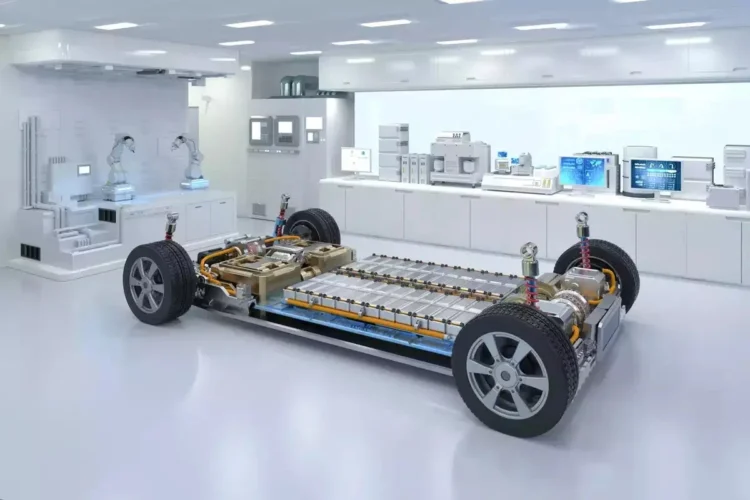Recurrent Auto conducted a study of 16,000 zero emission vehicles, examining the condition of their batteries. The results went against popular belief that batteries are short-lived and require frequent and costly replacements.
According to the study, only 2% of cars had their batteries replaced due to problems or malfunctions, and those models (Tesla Model S and Nissan Leaf) were released over 12 years ago. The report also states that the replacement of batteries due to wear and tear is carried out after a few years, and degradation occurs slowly and continuously. This means that batteries do not just suddenly fail after eight years of use or 150,000 km of the warranty period of some manufacturers. So the risk of spending thousands of dollars to replace the battery seems too abstract – this is also confirmed by the owners of the very first Tesla Model S, who drove hundreds of thousands of kilometers without changing the battery.
But electric vehicle batteries have other disadvantages that can no longer be called myths. In particular, these are the scarce lithium necessary for their production, the toxicity of batteries and the problems of their disposal, the poorly developed infrastructure for charging cars, the dependence of the power reserve on temperature, and the difficulty in extinguishing a fire. But the electric vehicle industry is young, so these problems are understandable and can be completely solved in the future.






You must Register or Login to post a comment